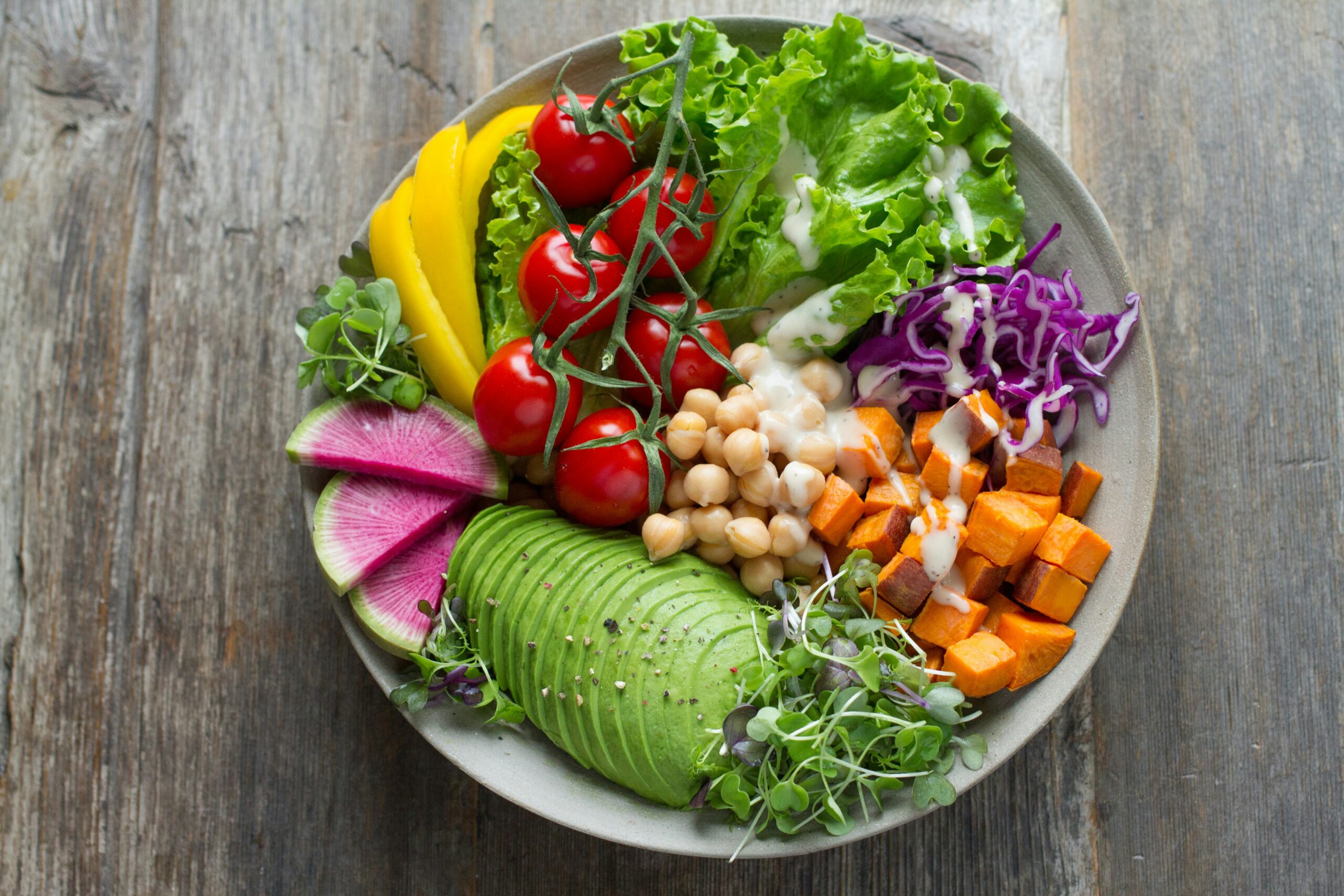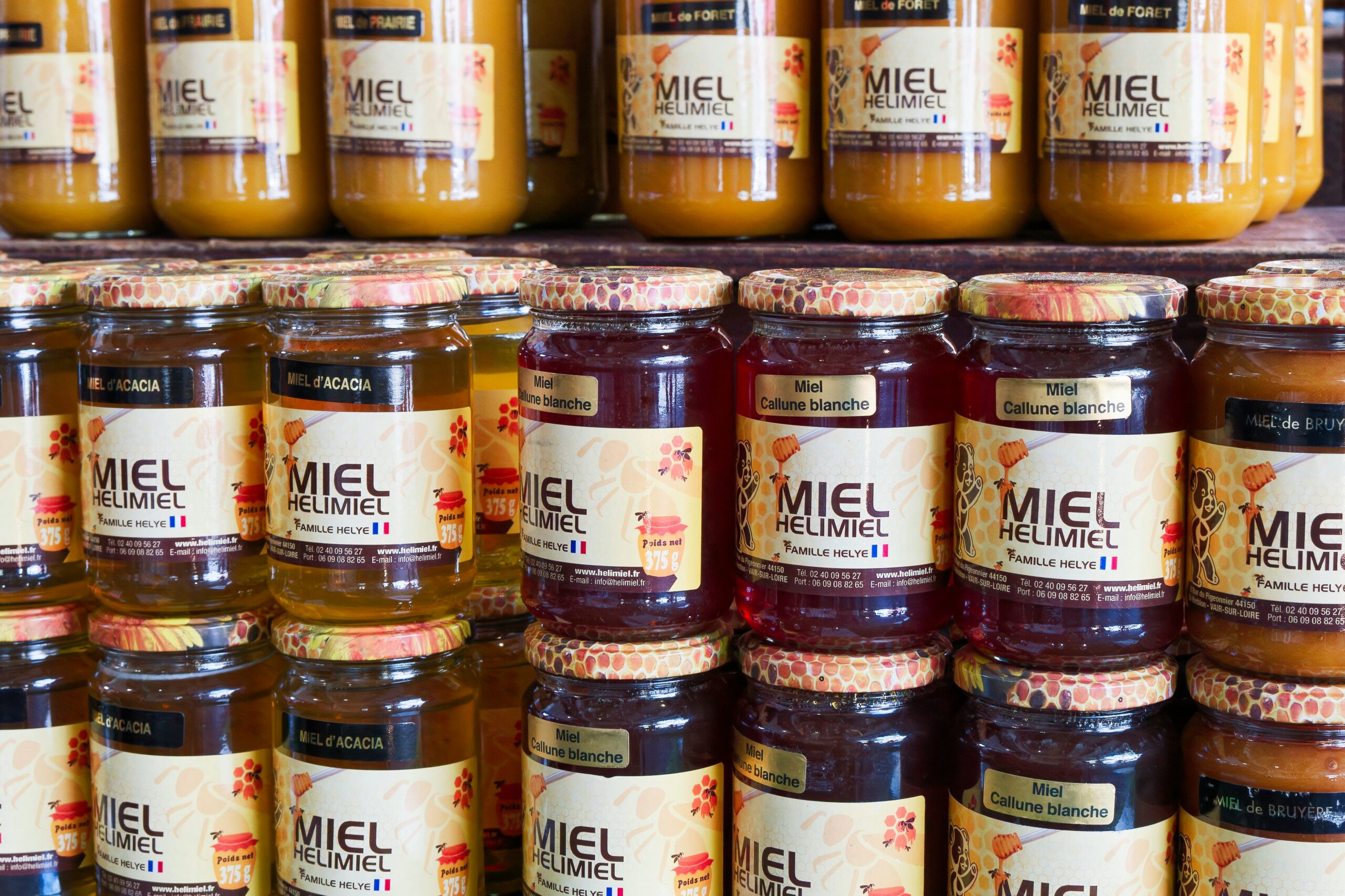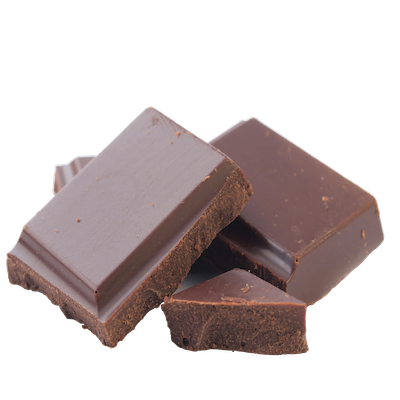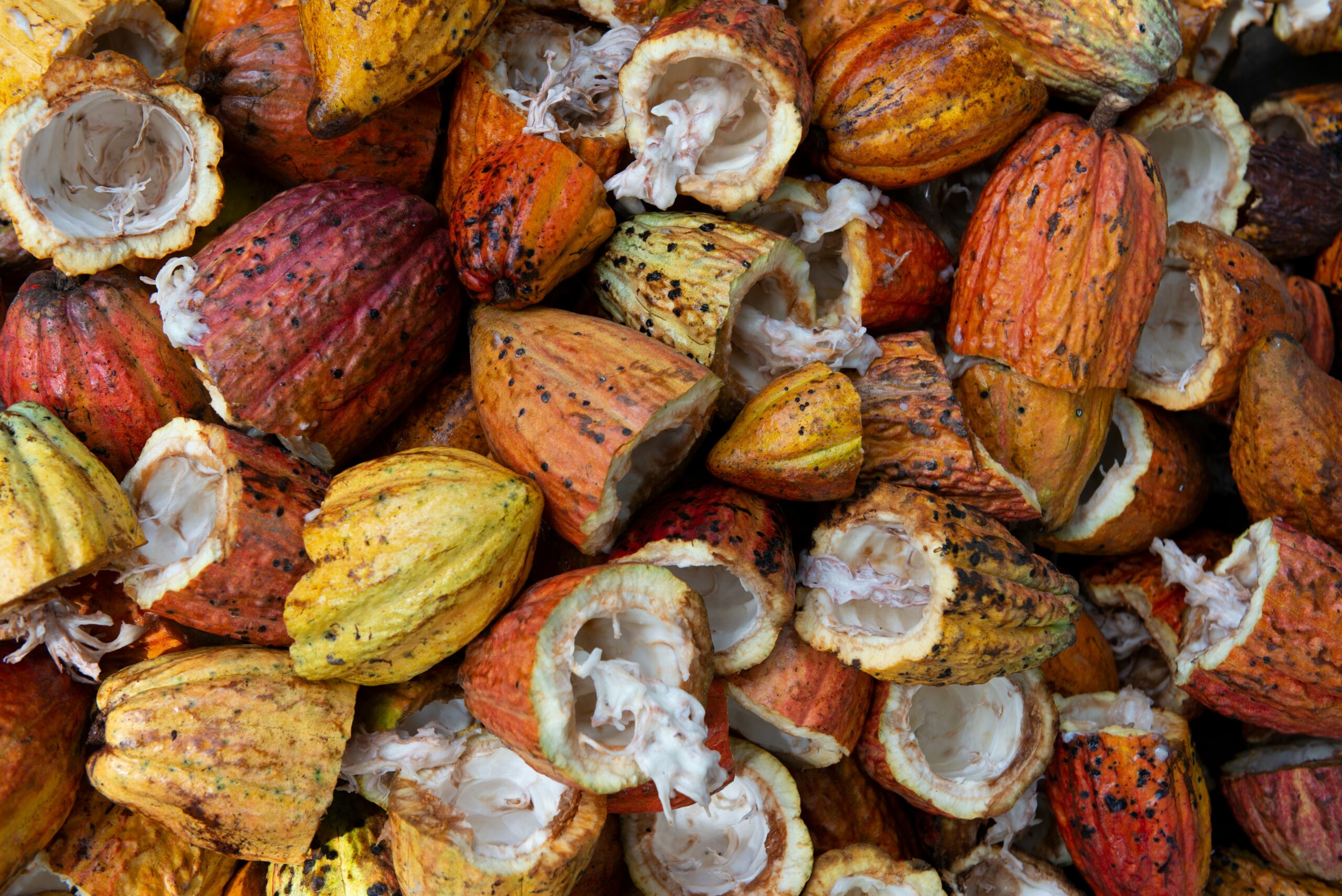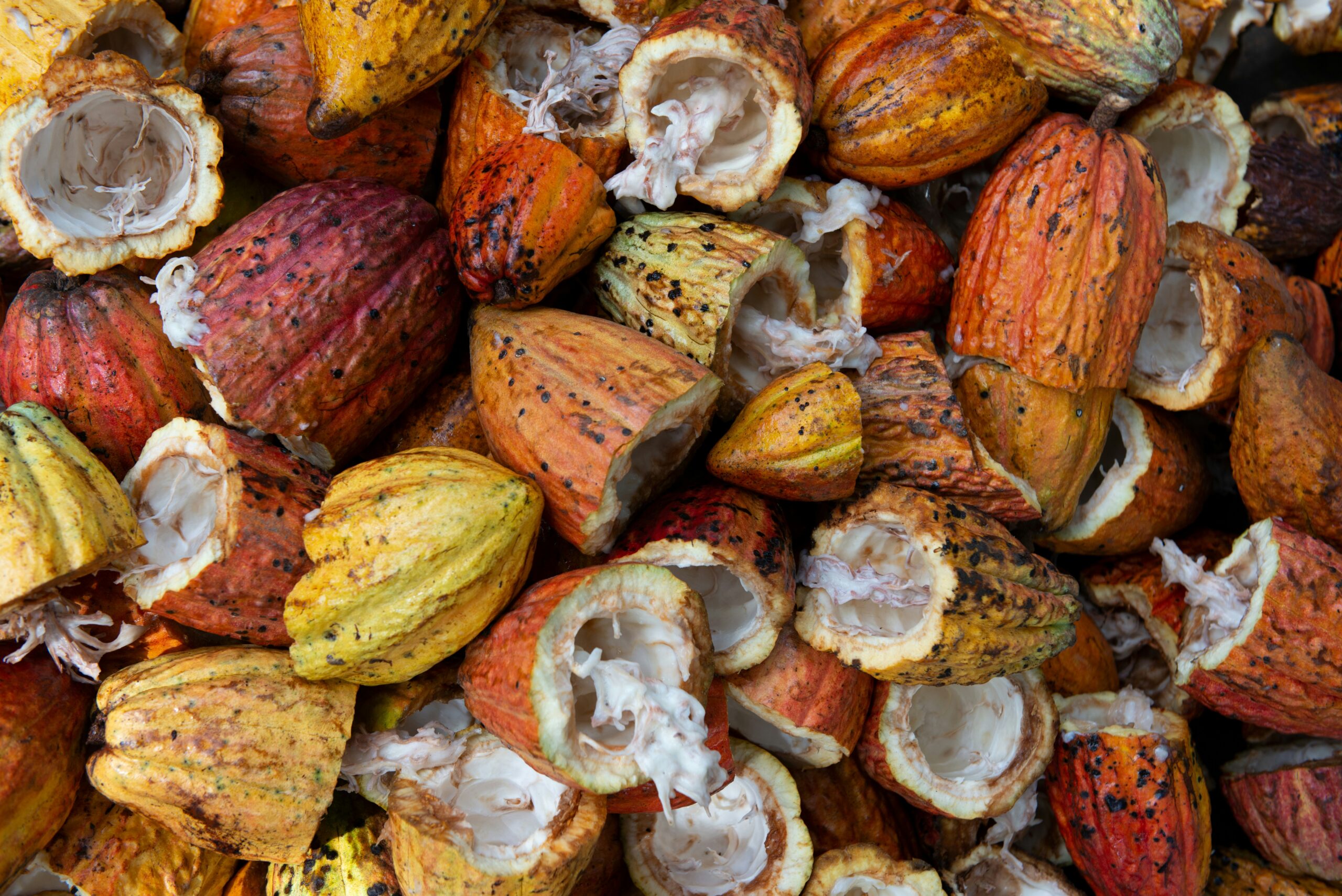When it comes to dietary choices, there are various options available, and two of the most popular ones are vegan and vegetarian diets. While both of these diets focus on plant-based foods, there are some key differences between them. In this article, we will explore and explain the difference between vegan and vegetarian diets, helping you make an informed decision about which one might be right for you.
What is a Vegetarian Diet?
A vegetarian diet is one that excludes meat, poultry, and seafood. However, it does allow for the consumption of animal by-products such as eggs, dairy products, and honey. Vegetarians often choose this diet for ethical, environmental, or health reasons.
There are different types of vegetarians:
- Lacto-ovo vegetarians: This is the most common type of vegetarian. Lacto-ovo vegetarians consume dairy products and eggs but avoid meat, poultry, and seafood.
- Lacto vegetarians: Lacto vegetarians consume dairy products but avoid eggs, meat, poultry, and seafood.
- Ovo vegetarians: Ovo vegetarians consume eggs but avoid dairy products, meat, poultry, and seafood.
A vegetarian diet can provide all the necessary nutrients if well-balanced, including protein, iron, calcium, and vitamins. Many vegetarians find that their diet is rich in fruits, vegetables, whole grains, and legumes, which can have numerous health benefits.
What is a Vegan Diet?
A vegan diet takes plant-based eating a step further by excluding all animal products. This means no meat, poultry, seafood, eggs, dairy products, or any other animal-derived ingredients. Vegans often adopt this lifestyle for ethical reasons, as they believe in avoiding any form of animal exploitation or cruelty.
Vegans rely on plant-based sources for their nutritional needs. This includes fruits, vegetables, whole grains, legumes, nuts, and seeds. With proper planning, a vegan diet can provide all the necessary nutrients, including protein, iron, calcium, and vitamins.
It’s important for vegans to be mindful of certain nutrients that may be lacking in a plant-based diet, such as vitamin B12, omega-3 fatty acids, and iron. However, with the availability of fortified foods and supplements, it is possible to meet these nutritional needs on a vegan diet.
The Key Differences
The main difference between a vegan and vegetarian diet lies in the exclusion of animal products. While vegetarians may consume dairy products, eggs, and honey, vegans avoid all animal-derived ingredients. This means that a vegan diet is generally more restrictive than a vegetarian diet.
Another difference is the motivation behind these dietary choices. Vegetarians may choose their diet for various reasons, including health, environmental concerns, or animal welfare. Vegans, on the other hand, are typically motivated by ethical reasons and strive to avoid any form of animal exploitation.
Which One is Right for You?
Deciding between a vegan and vegetarian diet is a personal choice that depends on your beliefs, values, and health considerations. It’s essential to consider your nutritional needs and ensure that you can meet them on whichever diet you choose.
If you are considering a vegan or vegetarian diet, it may be helpful to consult with a registered dietitian or nutritionist who can guide you in making informed choices and help ensure you are getting all the necessary nutrients.
Ultimately, both vegan and vegetarian diets can be healthy and sustainable choices when well-planned. Whether you choose to go vegan or vegetarian, embracing a plant-based diet can have numerous benefits for your health, the environment, and animal welfare.
Remember, the most important thing is to make choices that align with your values and promote your well-being.

